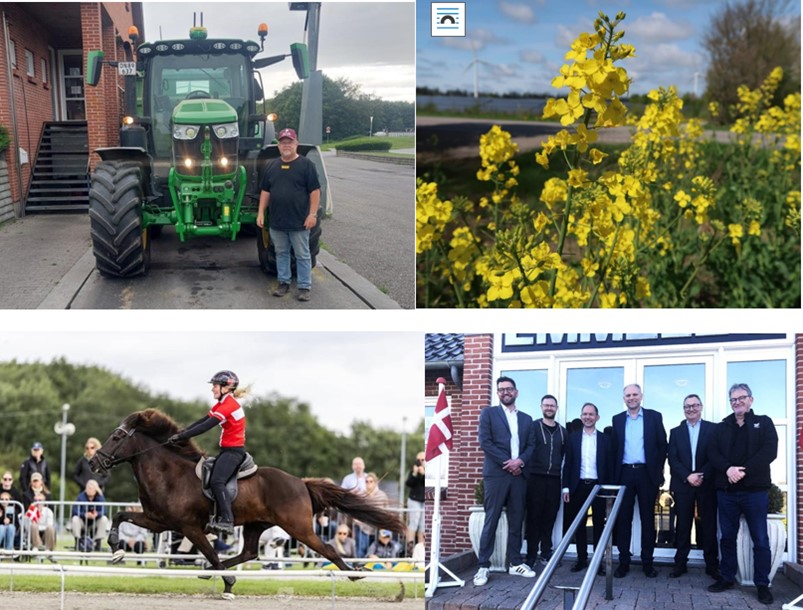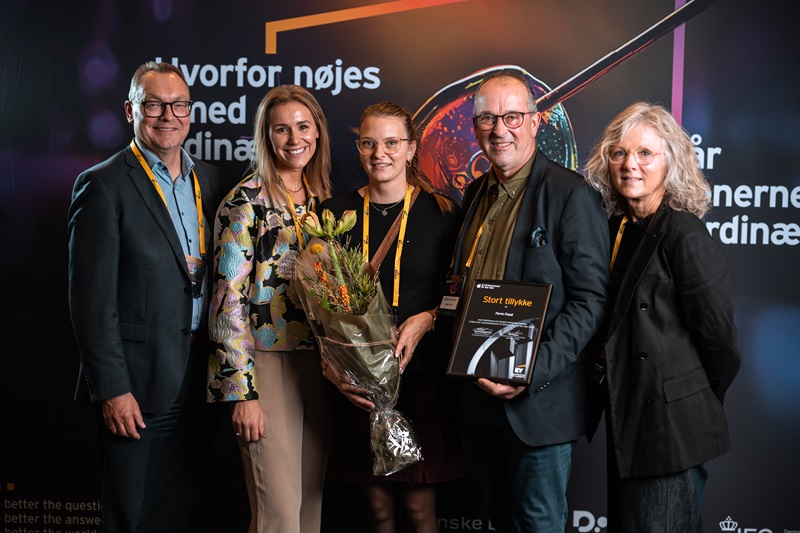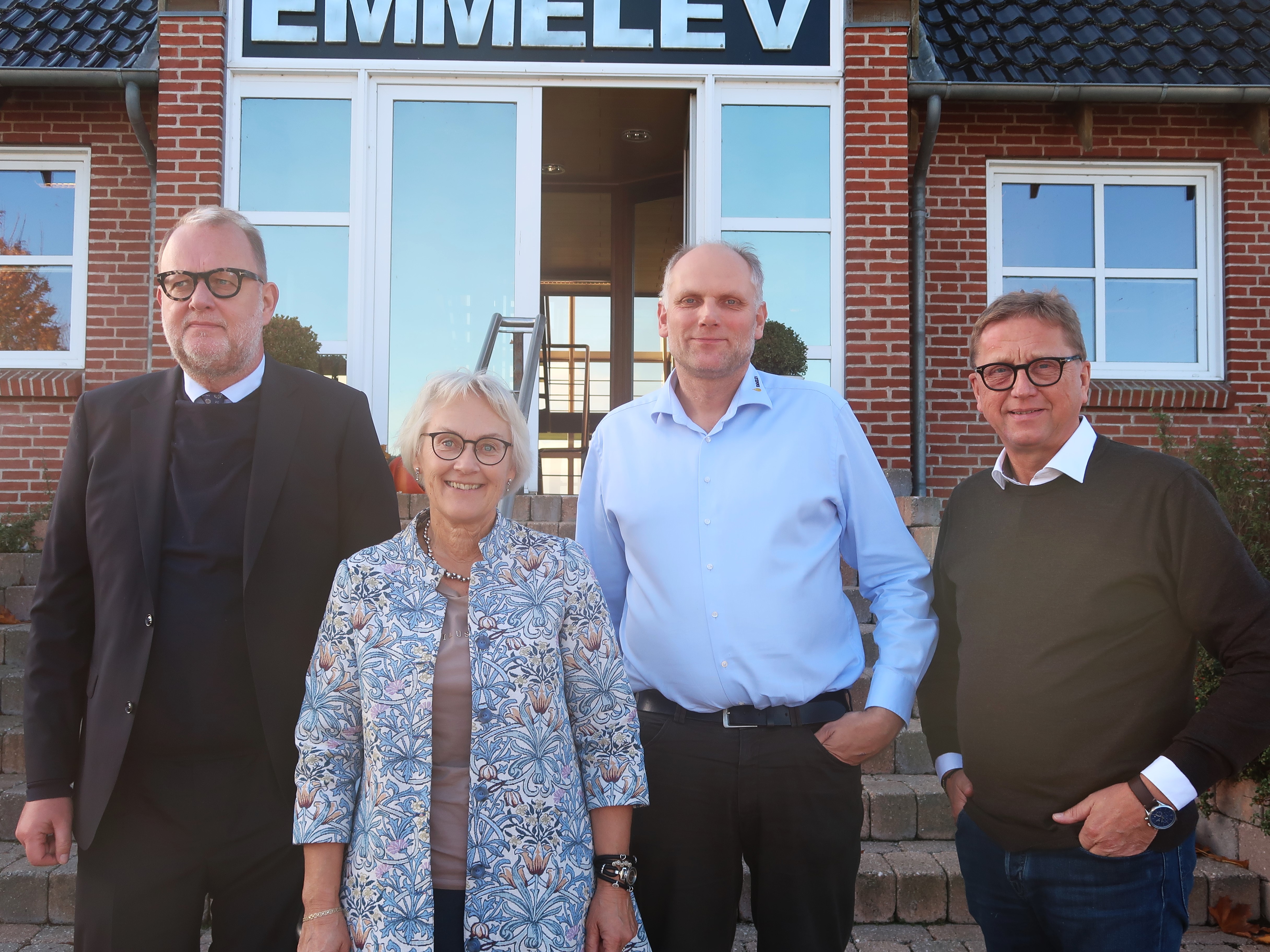Farmer Hans Jacob Clausen from Rudkøbing harvested rapeseed this week to make room for the Langelandsfestival on the fields.
This Year’s Rapeseed Harvest Kicks Off at Emmelev A/S
The rapeseed harvest is beginning in earnest at Emmelev A/S in Otterup at the start of August, following what appears to be a nearly perfect growing season. However, Hans Jacob Clausen from Kragholm near Rudkøbing on Langeland has already harvested his 10 hectares of rapeseed this week to deliver to Emmelev.
Preparing for the Langeland Festival
The early harvest is necessary because his rapeseed fields are set to become the site of the upcoming Langeland Festival in just two weeks. For 30 years, Hans Jacob Clausen has provided fields for the festival’s campsite, accommodating both employees and festival-goers. Typically, he plants winter barley on these fields so they can be harvested earlier, but this year he opted for rapeseed to improve crop rotation and combat wild oats, a persistent weed.
“They need to pull electricity and set up the site with fences, and the first employees will start arriving on Saturday. So now it’s time to harvest,” says Hans Jacob Clausen. He acknowledges that this might affect the yield but isn’t sure by how much. “The rapeseed has done well during the growing season. I’ve tried to assess the crop during swathing, and maybe the oilseeds could have developed more during the rest of July.”
However, he remains committed to supporting the festival: “I’ve had an agreement with the festival for many years, and it’s a valuable asset that generates good turnover on Langeland, so we all have an interest in it continuing,” he says.
A Community Event
“You could say that we run agriculture on the festival’s and the town’s terms. We live close to the town, so we have to adapt, which we are happy to do. The festival is cozy, and many happy and expectant people come, so we enjoy being part of it,” Clausen adds. He notes that maintaining cleanliness is never an issue, as festival-goers are good at taking their belongings with them, and local volunteers handle the final cleanup.
Hans Jacob Clausen farms 70 hectares and raises 3,000 slaughter pigs a year. This year, he has 20 hectares of rapeseed. Next year, however, he plans to return to winter barley on the festival fields and will experiment with reduced tillage and a false seedbed to combat wild oats.
Optimism for a Good Rapeseed Harvest
Morten Simonsen, co-owner of Emmelev A/S, believes that Hans Jacob Clausen might be the first on Funen to harvest rapeseed this season. “It has been a good growing season, and the rapeseed looks great, so we look forward to the farmers coming here to Emmelev with loads of rapeseed during the harvest at the beginning of August,” he says.
Henrik Ryberg from Syngenta, who works extensively with rapeseed cultivation, notes that the rapeseed has weathered a dry spring well and that the crops look promising, with a potentially above-average harvest. However, he cautions about the cabbage stem flea beetle, which is widespread this year and could pose a significant threat.
Sustainable Production at Emmelev A/S
Emmelev A/S produces sustainable green biodiesel from the rapeseeds, which is blended with regular fossil diesel. A significant byproduct of this production is protein-rich feed cakes for livestock and glycerin, primarily for the pharmaceutical industry.





